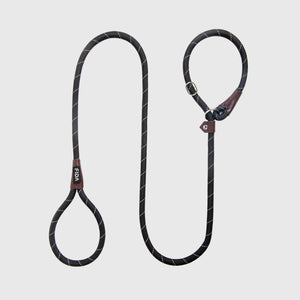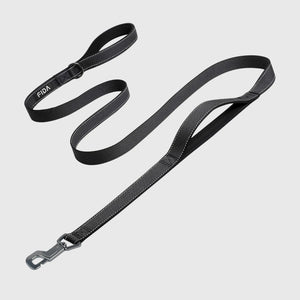9 Common Dog Walking Mistakes That Could Harm Your Dog
9 Common Dog Walking Mistakes That Could Harm Your Dog
Walking your dog is part of your daily routine, but did you know that how you walk your dog matters? Some walking habits can be harmful to your pet. Let's take a closer look at some common mistakes that could be putting your dog at risk.

1. Allowing Your Dog to Climb Stairs, Jump, or Stand on Hind Legs
Dogs are naturally four-legged animals, and their joints are not designed for frequent jumping or standing on hind legs. Constantly making your dog climb stairs, jump, or stand can put undue pressure on their joints, potentially leading to irreversible damage and, in severe cases, paralysis.

2. Walking Without a Dog Leash
Some dog owners feel their dog is well-behaved enough to walk without a leash, but dogs can get easily excited or scared by sudden noises like car horns, unfamiliar dogs, or even small insects. Without a leash, your dog could bolt unexpectedly, leading to accidents like getting hit by a car or running into people. Using a retractable dog leash or a standard dog lead gives you control and ensures your dog's safety, no matter how calm they usually are.

3. Using Your Phone While Walking Your Dog
We live in an age of smartphones, but walking your dog while glued to your screen is a risky habit. Not paying attention means you won’t notice potential hazards or respond quickly if your dog gets into trouble. Walking your dog should be about engaging with them – keeping an eye on your surroundings and enjoying the moment. Plus, interacting with your dog helps strengthen your bond!

4. Walking Your Dog by Car or During a Run
Many owners opt to walk their dog while driving or jogging to save time, but this can be harmful. Not all dogs are built for high-intensity exercise, especially short-nosed breeds that overheat easily and may experience breathing difficulties or even heatstroke. It's best to walk at a slower, consistent pace that your dog can comfortably handle.

5. Overprotecting Your Dog from Socializing
Overprotecting small dogs by avoiding interactions with larger dogs may lead to behavioral issues like barking or anxiety. Controlled socialization on a dog leash helps build confidence and fosters positive interactions. Larger dogs are often more tolerant, and it's beneficial for your smaller dog to engage with them under supervision.

6. Interrupting Natural Sniffing Behavior
Dogs communicate and explore the world through their sense of smell. Constantly pulling your dog away from sniffing and marking their territory can interfere with their natural behavior. Allowing them time to sniff on walks is like giving them the chance to socialize – much like people interacting on social media.

7. Always Walking the Same Route
If you walk your dog on the same route every day, they might become bored and uninterested in their walks. Varying the route not only stimulates their curiosity but also helps them become familiar with the surrounding environment. This can be valuable if your dog ever gets lost – knowing different paths helps them find their way back home.

8. Inconsistent Dog Walking Schedule
Some dog owners are too busy during the week and try to make up for it with long walks over the weekend. This “binge-walking” approach can be exhausting for your dog and may lead to physical strain. It’s better to establish a daily walking routine that fits your dog's needs. Walks don’t have to be long, but they should be consistent in length and frequency.
9. Walking Your Dog Right After Eating
After eating, dogs take time to digest, and walking immediately after a meal can lead to digestive issues, including vomiting and stomach bloating. In extreme cases, it can cause breathing problems or even death. It's best to wait at least an hour after meals before walking your dog. Alternatively, you can walk your dog before feeding them, which can also promote digestion. Always give your dog time to rest after a walk before feeding.

By avoiding these common mistakes and using a proper dog leash or retractable dog leash, you can ensure that your dog enjoys a safe and healthy walking routine. Regular walks not only benefit your dog’s physical health but also contribute to their mental well-being.


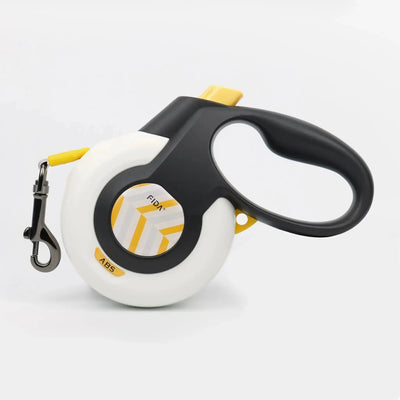
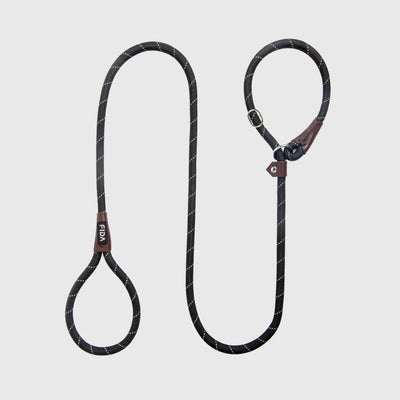
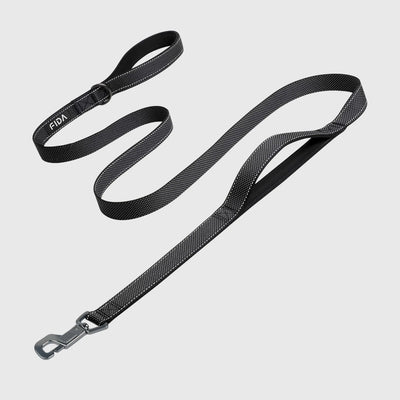
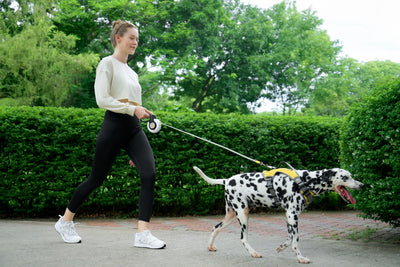
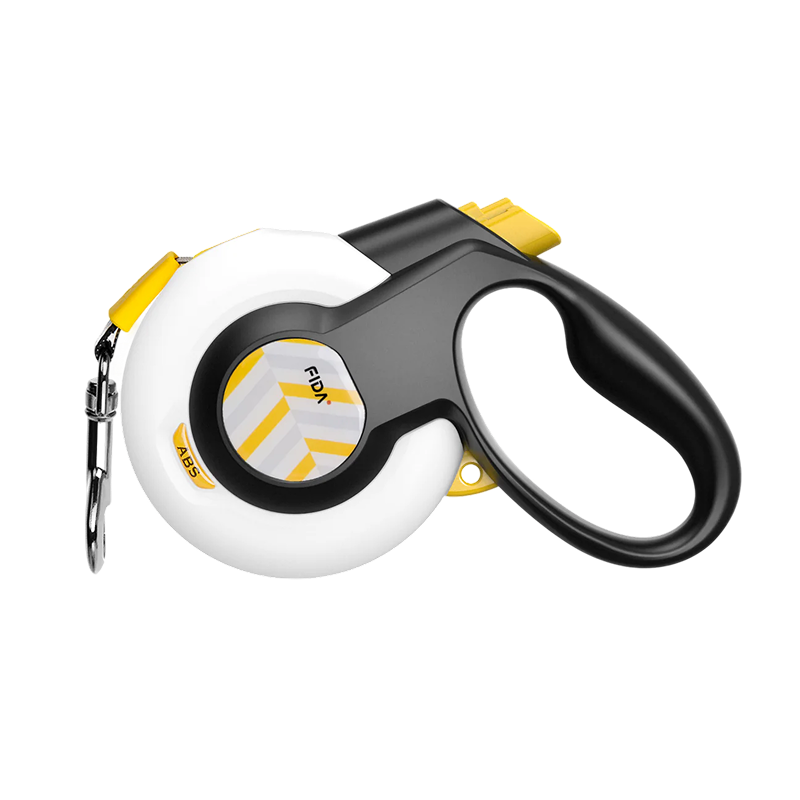 Retractable Leashes
Retractable Leashes

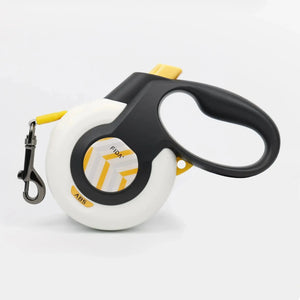
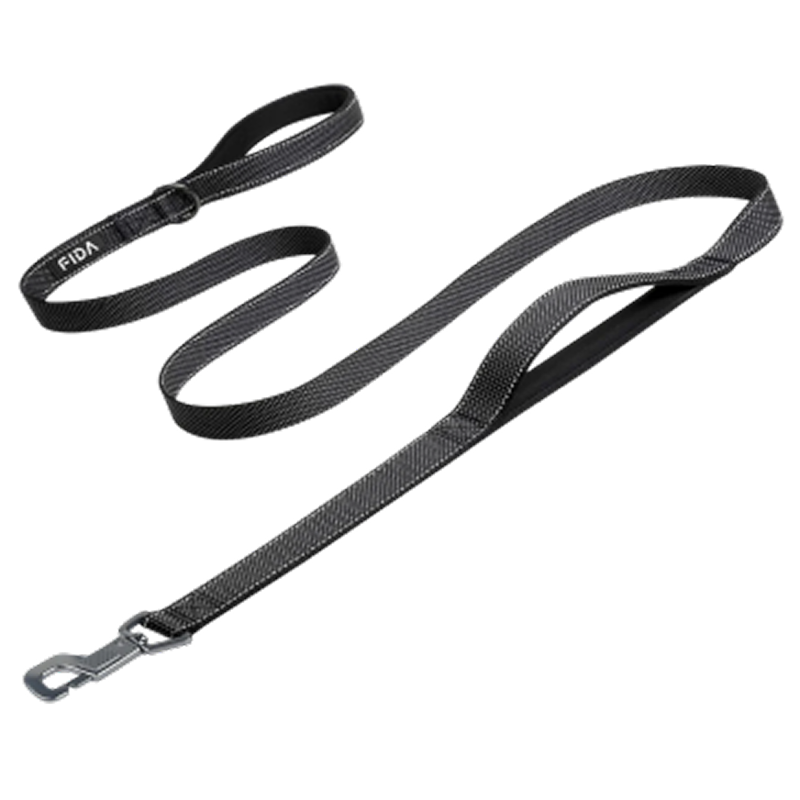 Non-Retractable Leashes
Non-Retractable Leashes
